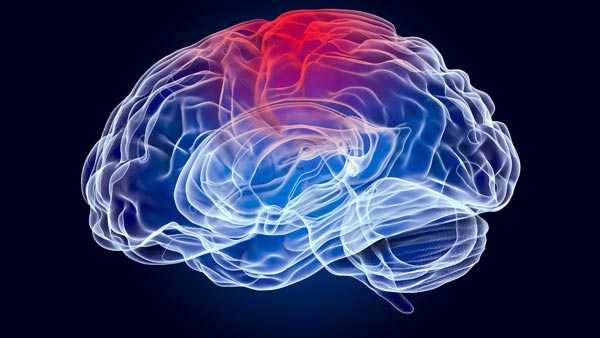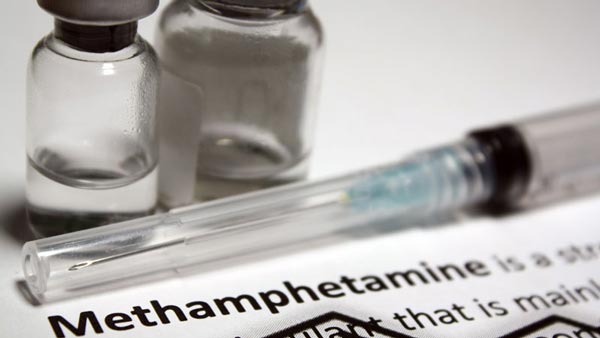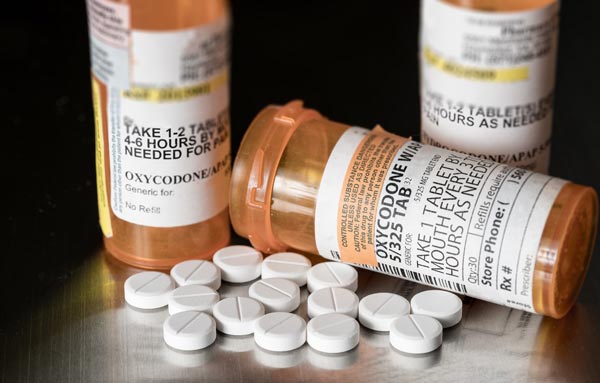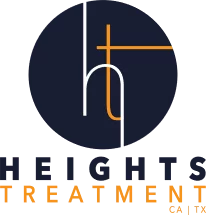Table of Contents
Some drugs are more dangerous than others, and some drugs are more likely to addict the user. It is important to understand how a drug can impact your health and how likely you are to get addicted if you decide to use it.
Many people think that drugs are all similarly addictive or that an addictive personality is more to blame for addiction than anything about the drugs themselves.
Neither of those things is necessarily true. People can have risk factors that increase their personal risk of addiction, but many drugs are also more potently addictive than others.
That’s one of the biggest factors in drug scheduling and regulation. The higher the risk that someone will abuse the drug, the more tightly regulated that drug is likely to be.
Of course, medical potential and potential for benefits are also a big part of the equation. Drugs with strong therapeutic uses might not be as strongly controlled as similarly addictive drugs that aren’t as therapeutically useful.
The better you understand the addictive potential of different drugs, the easier it will be to keep yourself and your loved ones safe.
We’ve put together this article to talk about the most addictive drugs, why they are or aren’t drugs you should be seriously concerned about, some common side effects and risks of consuming addictive or illicit drugs, and some tools to help you figure out if you’re personally dealing with an addiction.
In addition to those resources, we’ll also talk about how you can seek help for your addiction at the end of this article.
All the information in this article is designed to be useful both for people dealing with addiction and those around them who want to understand what they’re dealing with or want to be better equipped to help.
What Are The World’s Most Addictive Drugs?
There’s a big difference between the drugs most addictive or most likely to cause addiction and those at the biggest risk of being used and abused.
For instance, you won’t see cannabis as a drug on this list. That’s not because people don’t use cannabis at a high rate. Cannabis is one of the most commonly used illicit drugs in the world. But, despite how common cannabis is, it doesn’t addict people as often or as easily as the drugs on this list.
That means that people who use cannabis are much more likely to stay in control of their use than the drugs on this list.
These are all substances that can addict with minimal use and are much more potent and likely to addict people with other addiction risk factors than other drugs.
Here are the most addictive drugs currently out there:
- Heroin
- Cocaine
- Nicotine
- Barbituates
- Alcohol
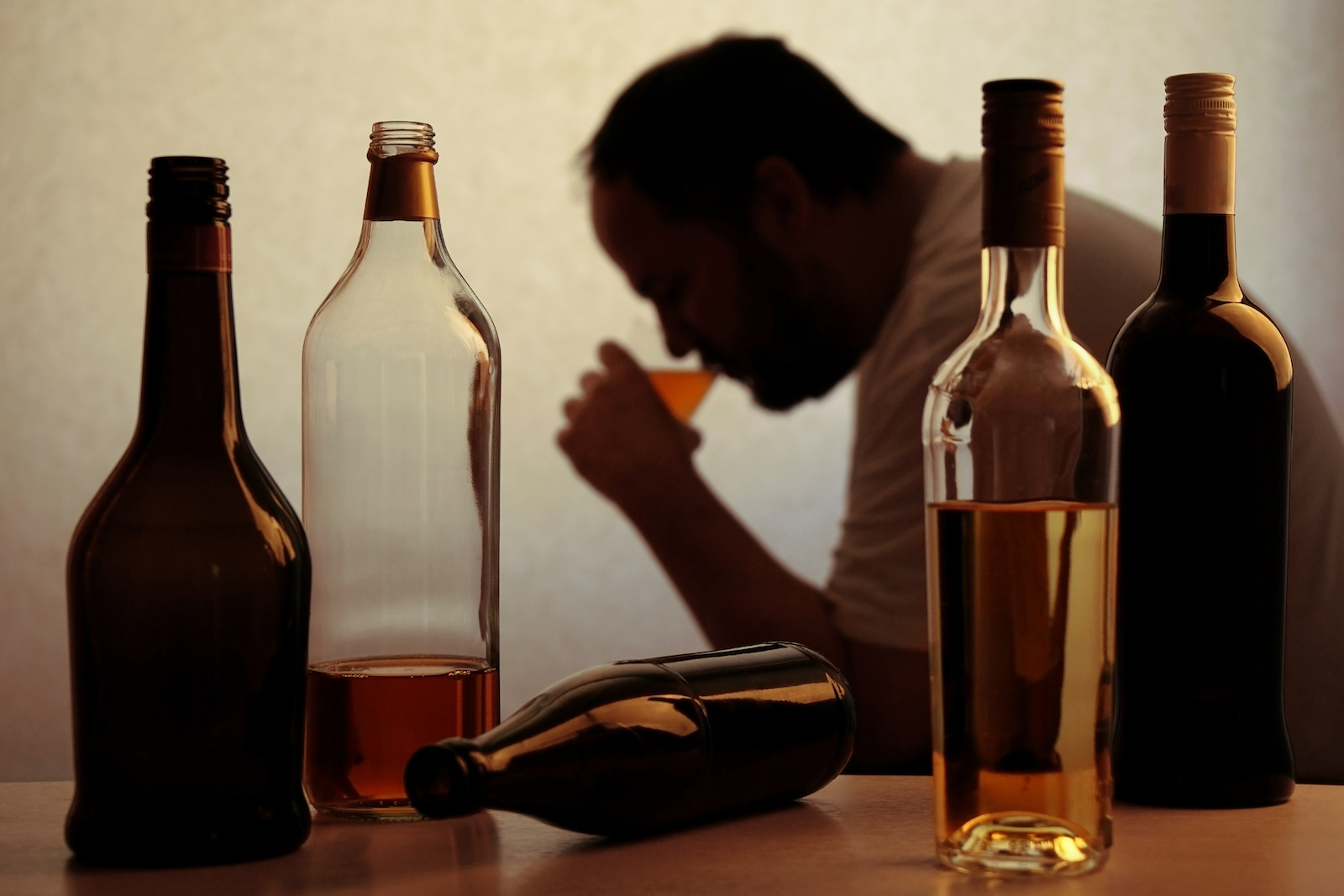
We will also add a dishonorable mention to methamphetamine (meth). While it didn’t make the top 5 most addictive drugs on this list, it’s also highly addictive and worth including in this discussion not only because of its addictive potential but because of the potentially severe consequences associated with chronic meth use.
Were you surprised by some of the drugs on this list?
A lot of people are.
Most people assume that the most addictive drugs would be the most heavily controlled and criminalized drugs, and in some cases, that’s true, but it’s not always true.
Alcohol addicts a fairly large percentage of its users compared with other illicit drugs, but it’s legal and widely accepted throughout much of modern society.
Nicotine might have a negative perception thanks to many campaigns to end smoking and expose the risks of nicotine consumption, but it’s still legal in most areas.
Heroin and cocaine, on the other hand, aren’t normally seen as more addictive than meth, but that’s not accurate. Both heroin and cocaine (in all forms) are more addictive than meth, but meth has more obvious physical consequences, so it tends to be more heavily stigmatized than either heroin or cocaine.
It’s important to know that these drugs have the potential to addict with as little as a single use, but also that not everyone will addict to these drugs even if they use them several times. Your social situation, physical and mental risk factors, and the availability of an effective support system all have a big impact on whether you’re likely to become addicted to a drug.
Let’s discuss the side effects and risks of using the most addictive drugs.
The Side Effects & Risks Of Substance Abuse
The most addictive drugs aren’t all in the same drug class, meaning they all have a fairly wide range of potential associated interactions and problems.
That makes it hard to say that certain side effects or risks will be a problem when you use the most addictive drugs because it depends on which of the six most addictive drugs you’re talking about.
That said, we’ll include potential side effects and risks from all the drugs we mentioned earlier on this list. We’ll also talk a bit about the other risk factors that can make using the most addictive drugs more personally dangerous depending on who you are and why you’ve considered using them in the first place.
Remember, using drugs doesn’t guarantee you’ll have all or any of these side effects, but it makes them much more likely.
Here are some of the common side effects of using the most addictive drugs:
- Confusion
- Difficulty making decisions
- Lowered inhibitions
- High or low blood pressure
- Loss of consciousness
- Euphoria
- Anxiety
- Depression
- Tremors
- Dehydration
- Seizures
That’s a relatively short list, but it’s some of the most serious or common side effects of the most addictive drugs.
Here are some of the most common risks that come with using the most addictive drugs:
- May increase feelings of isolation
- May increase the symptoms of mental health disorders
- May cause mental health disorders
- May increase your chances of engaging in risky or life-threatening behaviors
- May increase your chances of serious respiratory illnesses
- May increase your chances of developing various cancers
- May increase your risk of contracting a serious blood-borne disease
- May increase your risk of infections
- May lower your natural immune system
- Extreme weight changes, especially weight loss
These are all health-related risks. It’s important to recognize other risks, like social and professional risks. We can’t get into things like the increased risk of lower job performance and being fired because you’re using drugs, but you need to understand that those social risks exist and may be as serious or more serious than the immediate physical risks associated with drug use.
Am I Struggling With An Addiction?: The Common Signs
Many people have a hard time recognizing when they are dealing with an addiction. It’s common for people who use drugs to think they have control over their drug use long after they’ve started to lose control and the drugs have started to have a more significant impact on their daily lives.
Here are some of the most common signs that you’re dealing with addiction rather than simple drug use, whether you’re looking for yourself or are worried about a friend or loved one.
- You’ve started thinking about your drug of choice in inappropriate moments
- Your drug use is escalating, and you’re either using more, more often, or both.
- You’re tempted to use or have already started using at work or school
- You feel like you need to hide your drug use from others
- You feel guilty about your drug use
- You’ve continued using drugs even though you no longer like how they feel.
- You feel like you need to use more and more of your drug of choice to get the desired effect
- You’ve considered stealing or have stolen items to pay for your drug habit
- You’ve compromised on or stopped doing other things you used to enjoy so that you could do drugs more often
- Your drug use is starting to cause financial or social problems in your life
- Your work or school performance has started to decline

These are only some of the many common signs of addiction, but they’re some of the easiest for people to recognize as signs of addiction and signs that they might need help.
The good news is that if you recognize some of those signs and symptoms of addiction, you don’t have to handle it alone.
Treatment Options If Struggling With Substance Abuse
Many treatment options exist for people dealing with addiction, especially the most addictive drugs.
The one good thing about being addicted to one or more of the most addictive drugs is that you aren’t alone. Medical care providers should have a lot of information and experience in helping people overcome addictions like yours.
One of the downsides of being addicted to one of the most addictive drugs is that it’s often much harder to deal with these addictions alone. These drugs form powerful addictions and often have severe withdrawal symptoms that might be difficult to go through and especially hard to see all the way through without relapsing.
But, you don’t have to do it alone. Consider talking with your primary care doctor about support and treatment options that might work for you.
If you’re looking for more comprehensive support and safer withdrawal options, you may consider looking for an addiction treatment center in your area. Most treatment centers have various treatment options and protocols; all of them should be familiar with the drugs discussed in this article.
Already committed to getting help and overcoming your addiction? Heights Treatment is here for you and offers a range of cutting-edge treatment approaches tailored to the exact needs of every patient.
Contact us to learn more about our drug addiction treatment options and help figure out which program will be right for you.
Sources:
- Drug Enforcement Administration. Drug Scheduling. Accessed October 4, 2022. https://www.dea.gov/drug-information/drug-scheduling
- World Health Organization. Cannabis. Accessed October 4, 2022. https://www.who.int/teams/mental-health-and-substance-use/alcohol-drugs-and-addictive-behaviours/drugs-psychoactive/cannabis
- Nutt D, King LA, Saulsbury W, Blakemore C. Development of a rational scale to assess the harm of drugs of potential misuse. The Lancet. 2007;369(9566):1047-1053. doi:10.1016/S0140-6736(07)60464-4
The Heights Treatment Editorial Guidelines
There is a vast amount of misinformation online especially as it relates to health & wellness. We have made it our mission at The Heights Treatment to provide accurate, medically sound content that has been medically reviewed by a doctorate level clinician so that you can trust the information contained within our website.


